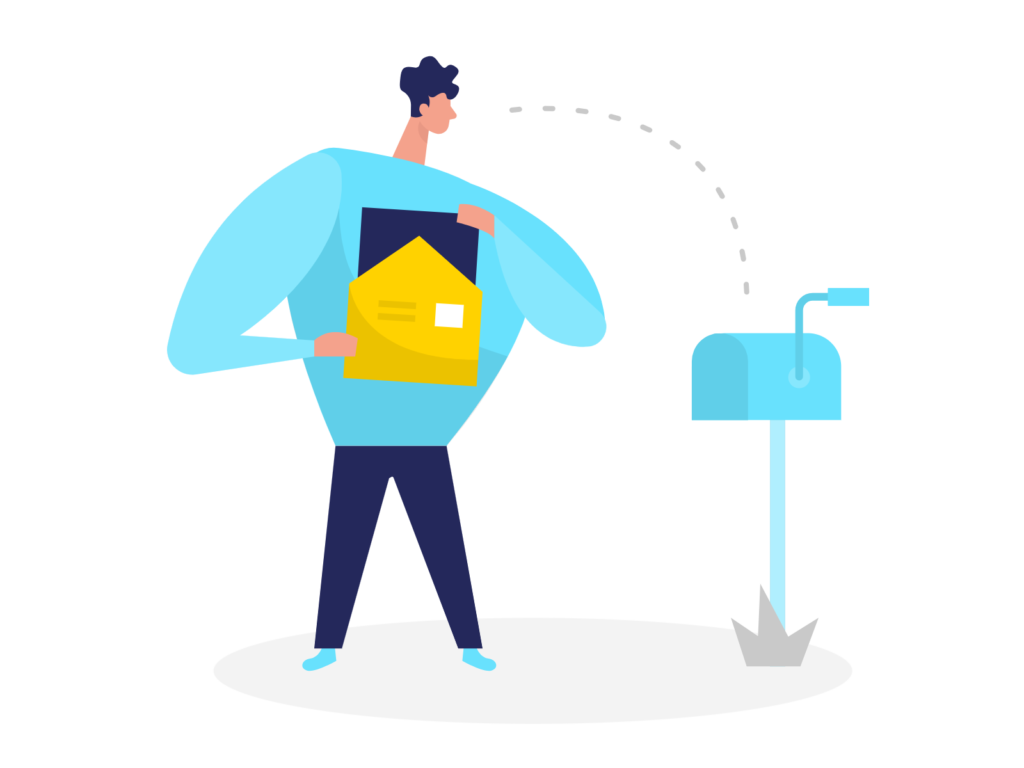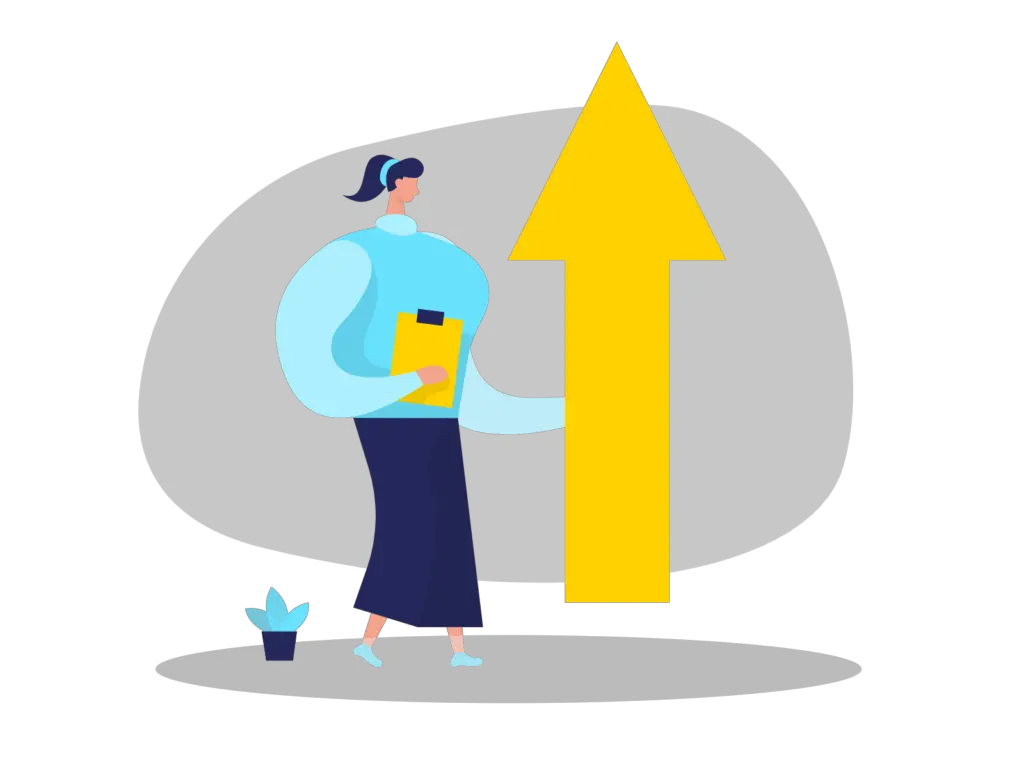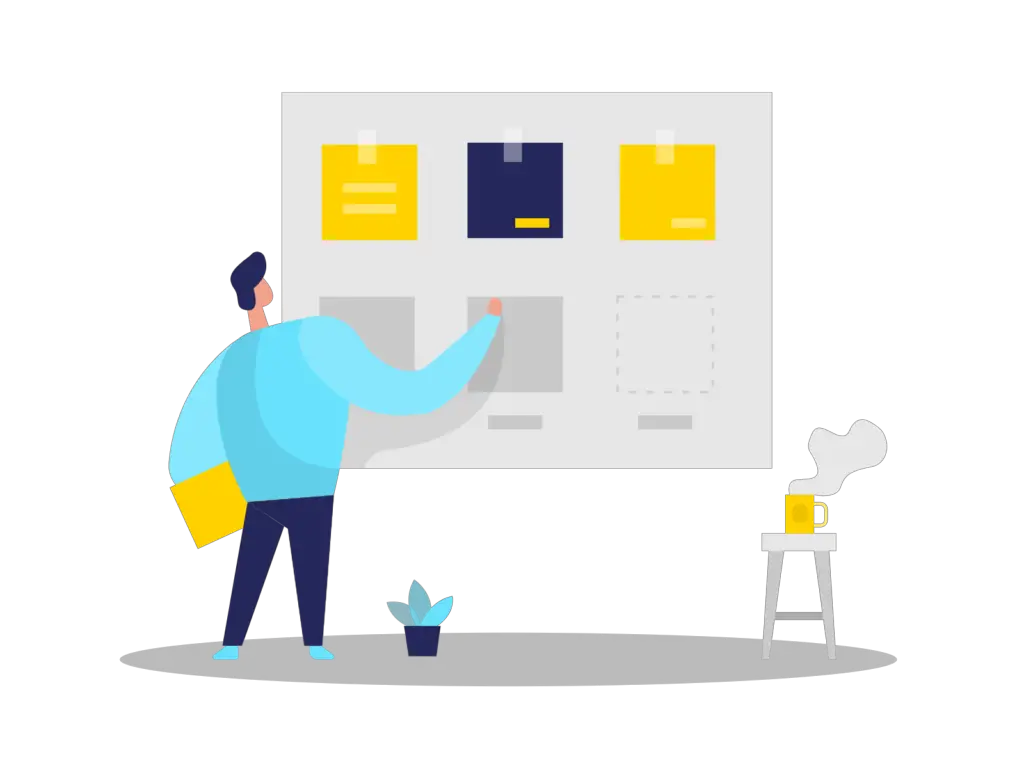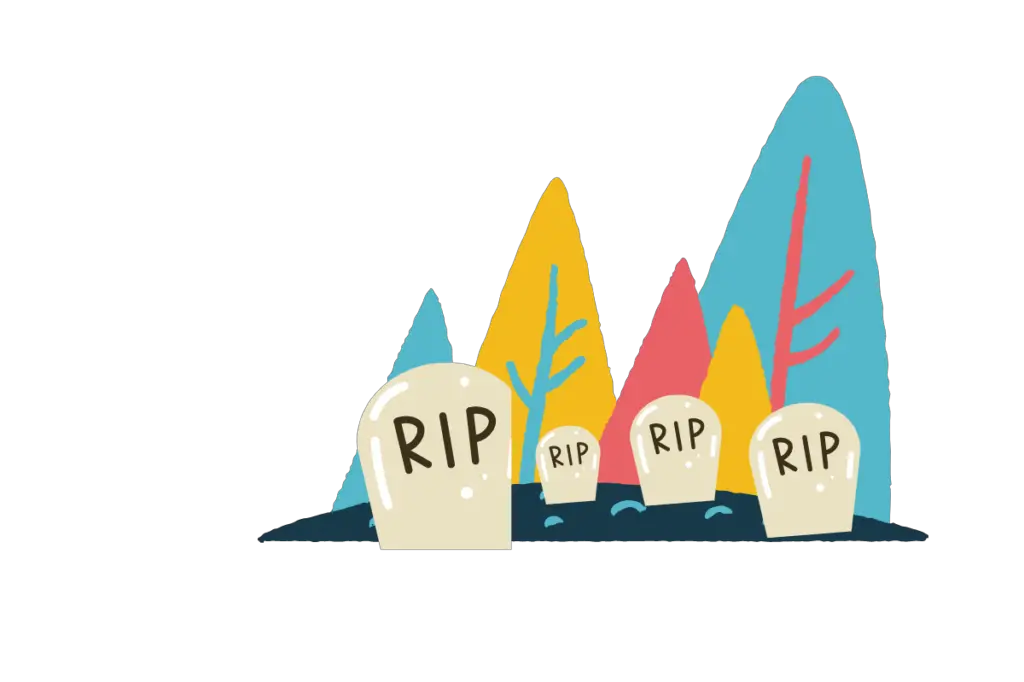How do we self-license ourselves? How do we decide when to do what? How do we choose to do something bad or not so good after doing something well?
Let us take an example.
Let us say Susan has been going to the local market to buy organic produce from local farmers. She got those organic products at low prices, and she saved a substantial amount of money than she used to. However, the very next day, she went to a designer boutique and bought an expensive leather designer bag from all the money she saved. Now, how come a person who was going green, buying local products, and saving money, goes on to buy an expensive leather bag? Because Susan thought all this while she did a good job and that she was entitled or licensed to splurge.
Index:
What is the Licensing effect?
The licensing effect, also known as self-licensing or moral licensing, is observed when people allow themselves to indulge in something bad after doing something good first.
The effect has been studied for a while now and has been observed in human behavior in different aspects of life and work. Even though occasions, when it springs up, are rare, yet whenever it does, it makes us do things that may not be rationally correct.
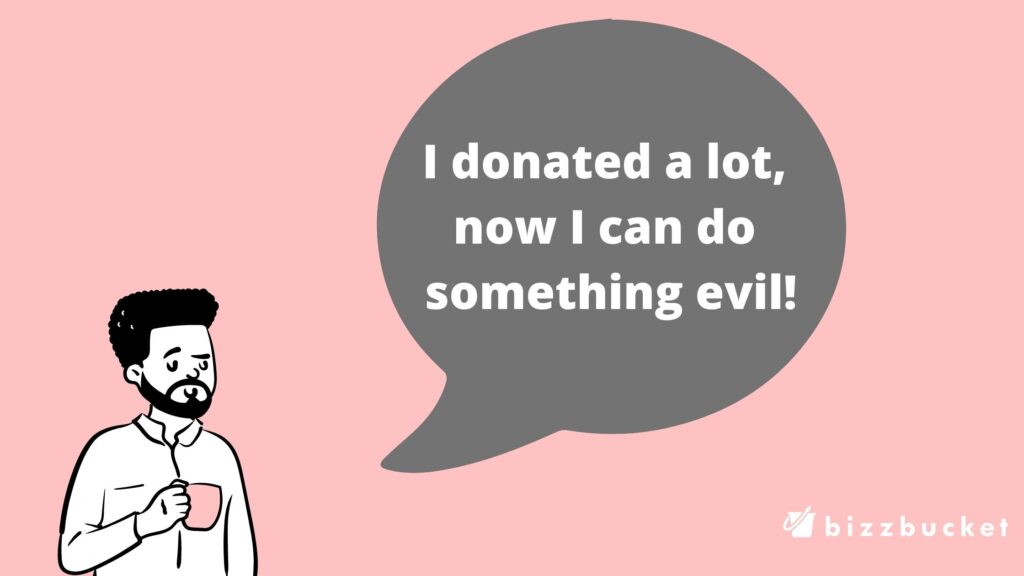
Why does the Licensing effect happen?
The basic foundation of licensing effect lies in the fact that humans have a tendency to balance out their actions. Whenever we do something, according to us and the standards set by the society, is a good thing, for example, doing charitable work, participating in voluntary work, and donating, we count them as our good deeds; we subconsciously collect mental points for doing these good acts and use them to justify things that may not be considered good in comparison to them.
For example, splurging on things, spending time inefficiently, or not contributing in any way are considered bad. So a person who does the good deeds as mentioned above does so in order to justify his bad deeds. Now even though it is rare, but why do we have this tendency?
- We have a tendency need to feel competent and productive:
We humans by nature look for ways and things to make ourselves feel competent and good. After all, who would like to feel that he or she is a bad person, right? Therefore we look for opportunities to do a good thing, and then by doing them, we reassure ourselves by believing that we did a good job and make a mental account of such deeds, like vouchers that we are desperate to redeem.
- We want to reward ourselves for the good things we did:
When we do something good on our own, do charitable work, volunteer for a good cause, we put more value into it than we would have otherwise. Therefore, when we do something which has great value, we feel that we are entitled to be rewarded. The rewarding mechanism is inherent in our thought process.
- We want effort justification:
Another aspect that leads to the licensing effect is the “effort justification” dissonance. Whenever we do something, we need to feel that there is a good reason behind it. This is the basic premise of the licensing effect.
We indulge in an action or activity that is bad or less productive and considered it as justified as we have done a good thing in the recent past. By this, we assure ourselves that we are reasonable and rational people and that even a bad decision is justified because we made the right decision before it.
Example of the Licensing effect:
A great example of licensing effect would be:
Jason’s newly formed brand launched a product recently, and it was well-received in the market. Now, he had invested all the finances in marketing and promoting the product, so Jason and his partners decided to invest any profit that may arise from sales in the development of the new products.
Over the course of time, the sales picked up, and the business made a significant profit out of it. All this while the partners invested their share of profit in further work, yet it was only Jason who did not do so and kept his share of the profit to himself because he thought that he spent more time working on the ground than the rest of his partners who were just investing in the business and not actively participating.
So you see, Jason thought that he had contributed more through his physical presence and was therefore entitled to keep his share of profit despite earlier agreeing to reinvest it. Thus, he thought his good deed (active physical presence on the ground) was justifying his bad deed (him not reinvesting his profits).
What are its effects? How does it impact business?
The licensing effect, even though rare, can have severe consequences. Let us understand how does it impact business:
Companies often understand this type of consumer behavior that if someone buys something good or moral purchasing like buying green, plastic-free, donating with buying products, etc, they are likely to make a bad or luxury purchase. With this companies make customers spend extravagantly.
- We make bad decisions:
The licensing effect induces us to make bad decisions. We are so confident in ourselves and are proud of our good actions that we feel that it is okay to make some bad choices. This is flawed logic. We know that the action that we are going to take or the decision we are going to make is bad, but we are knowingly doing it simply because we did something good.
Therefore duets the licensing effect, we are likely to make the wrong decision even though we might be fully aware and conscious of the fact that it is not the most accurate decision.
- We justify bad decisions:
Licensing effect allows us with ready-made justifications and excuses for our bad decisions and choices. Therefore, when the licensing effect takes control, we will not be able to analyze the wrong decision correctly because we think that our previous good action or right choice justifies it.
- No accountability:
When we are consciously indulging in something wrong or not necessary with a ready-made justification, we are setting a bad example for our colleagues and workers. We are allowing complacency to prevail, and when something wrong happens in the future, our colleagues and workers may use previous performance in order to skip accountability and liability.
How can we avoid it?
The first way to avoid falling victim to the licensing effect is by being aware of it. We must be aware of our tendency, which makes us more likely to make a bad decision. Therefore by simply being aware of the effect, you may make conscious efforts to avoid it.
Additionally, whenever you do something good, do not consider it as an opportunity to get a reward. By actively working to do well in work and business is a driving force, not something that you can use to reward yourself.
Also, whenever possible, seek expert and professional advice before making any decision. You may be blinded by your justification but, an unbiased professional won’t be so.
A final word:
The occurrence of licensing effect is rare, but whenever it does, it makes us do unnecessary and unwarranted things while being fully conscious of it. It is a tendency that should be controlled because it can, not only make us biased but make the people around us complacent.
Do Share Your Thoughts:
Do tell us all your thoughts in the comments section below, we look forward to reading all the comments in the section below.
Also, do check useful Startup Resources and Tools below and do join our newsletter 📰 for free for more interesting Business Case Studies 💰, Startup Insights 🚀, and Startup founders podcast 🎙️ delivered to your inbox every Sunday morning.
Do follow us:
Related Articles:
- What is the Availability Heuristic and how does it impacts your business?
- What is a Representative heuristic and how does it impacts your business?
- Status Quo Bias: How it impacts your business?
- What is Sunk Cost Fallacy and how does it impact your business?
What is Licensing effect?
The licensing effect, also known as self-licensing or moral licensing, is observed when people allow themselves to indulge in something bad after doing something good first.
Whats the example of Licensing effect?
Splurging on things, spending time inefficiently, or not contributing in any way are considered bad. So a person who does the good deeds as mentioned above does so in order to justify his bad deeds.
